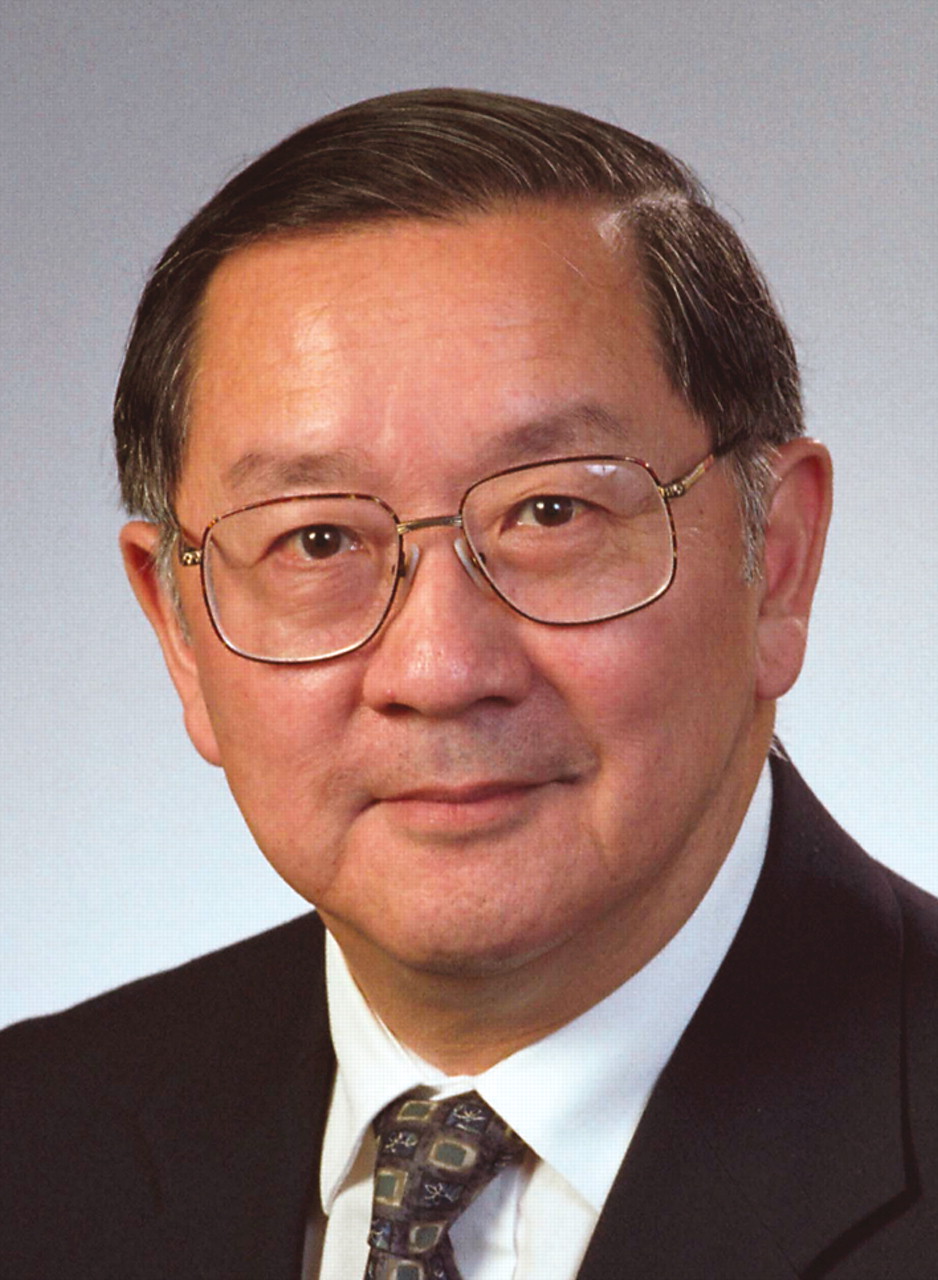National Institutes of Health Director Elias Zerhouni, M.D., announced the appointment of new directors last month for two institutes important in mental health, the National Institute of Mental Health (NIMH) and the National Institute on Alcohol Abuse and Alcoholism (NIAAA).
Zerhouni said he expects to appoint a new director for the National Institute on Drug Abuse in the “very near future.”
Zerhouni appointed Thomas R. Insel, M.D., as the new director at NIMH. Insel is a professor of psychiatry at Emory University School of Medicine and founding director of the Center for Behavioral Neuroscience, a science and technology transfer center funded by the National Science Foundation. He is also the director of the Yerkes Regional Primate Research Center at Emory. Insel is expected to begin his new duties in mid-November.
“I am very pleased to welcome Dr. Insel to NIH,” said Tommy Thompson, secretary of Health and Human Services. “His distinguished research career and his leadership roles in shaping research in the academic arena make him well suited to lead the NIMH.”
“After a thorough and careful search process,” Zerhouni added, “it became clear that Dr. Insel’s ability to communicate a compelling vision for mental health research, his outstanding scientific record, and proven leadership skills made him the natural choice for this important directorship.”
Insel, an NIMH veteran before going to Emory, will assume the reins of NIMH’s $1.3 billion research budget, supporting an in-house research program at the NIH campus in Bethesda, Md., as well as administering grants to investigators across the country in basic science, clinical research, and large-scale trials of new treatments, as well as studies of the organization and delivery of mental health services.
Translating Basic Science
“I am honored and privileged to be joining the NIH at a time when mental health and mental disorders are so very clearly at the forefront of the nation’s public health agenda,” Insel said in a prepared statement. “Recent years have witnessed enormous progress in our understanding of the brain. We have important new insights into the molecular and cellular basis of brain function.” Now, Insel added, the challenge will be to translate those basic science discoveries into new understanding and treatment of mental illness.
“NIMH must work with other federal agencies and with professional and consumer groups to ensure that what is known through research is being applied to address the tremendous—and frequently unmet—needs for high-quality mental health treatment services.”
Insel received his medical degree from Boston University and completed his residency at Langley Porter Neuropsychiatric Institute at the University of California, San Francisco. He then joined the NIMH in 1979 as a clinical associate in the Clinical Neuropharmacology Branch, where he later held several administrative positions.
Insel’s research at NIMH concentrated on obsessive-compulsive disorder (OCD), and he was involved in some of the first clinical trials that used SSRIs to treat OCD. He also launched a research program in social neuroscience, focusing on the neurobiology of complex social behaviors in animals. Combining molecular, cellular, and pharmacological methods, Insel and his colleagues were able to demonstrate the important role played by the hormones oxytocin and vasopressin in maternal behavior patterns, pair bonding, and aggression.
Insel has continued this line of research at Emory, under an NIMH grant. In addition, he has built one of the country’s leading HIV-vaccine research programs.
Li to Head NIAAA
Zerhouni also announced the appointment of Ting-Kai Li, M.D., as director of the NIAAA. Li comes to NIAAA from the departments of medicine, biochemistry, and molecular biology at the University of Indiana School of Medicine in Indianapolis, where he has been a distinguished professor. He was also director of the Indiana Alcohol Research Center. Li will assume the directorship in mid-November.
Thompson praised Zerhouni’s appointment of Li, calling him “one of our nation’s preeminent scientists in the alcohol research field” and noted that “there is much to be done to protect all Americans from the tragedy of alcohol abuse and alcoholism.”
“Dr. Li has been at the forefront of discovery in alcohol research throughout his illustrious career,” Zerhouni noted. “His abilities will enable NIAAA to continue to capitalize on diverse scientific opportunities in biomedical, clinical, and prevention research,” he said in a written statement.
Li pointed out, “Great progress has been made over the past two decades in our scientific knowledge base of genetics, neurobiology, and the behavioral and other aspects of alcohol abuse and alcoholism. I am confident that by diligently expanding the boundaries of our knowledge, we will continue to improve ways of preventing and treating these important health problems.”
Li graduated from Harvard Medical School and did a residency in internal medicine at Peter Brent Brigham Hospital in Boston. He joined the faculty at Indiana University School of Medicine in 1971. He served as associate dean for research from 1986 to 2000. He is the author of more than 400 journal articles and book chapters and is editor of the journal Alcoholism: Clinical and Experimental Research.
Li can take credit for significant discoveries in the areas of alcohol metabolism and the development of study models of alcoholism in animals. In addition, he has been a major participant in two NIAAA-supported research projects, the Collaborative Study on the Genetics of Alcoholism and the Integrative Neuroscience Initiative on Alcoholism. ▪


